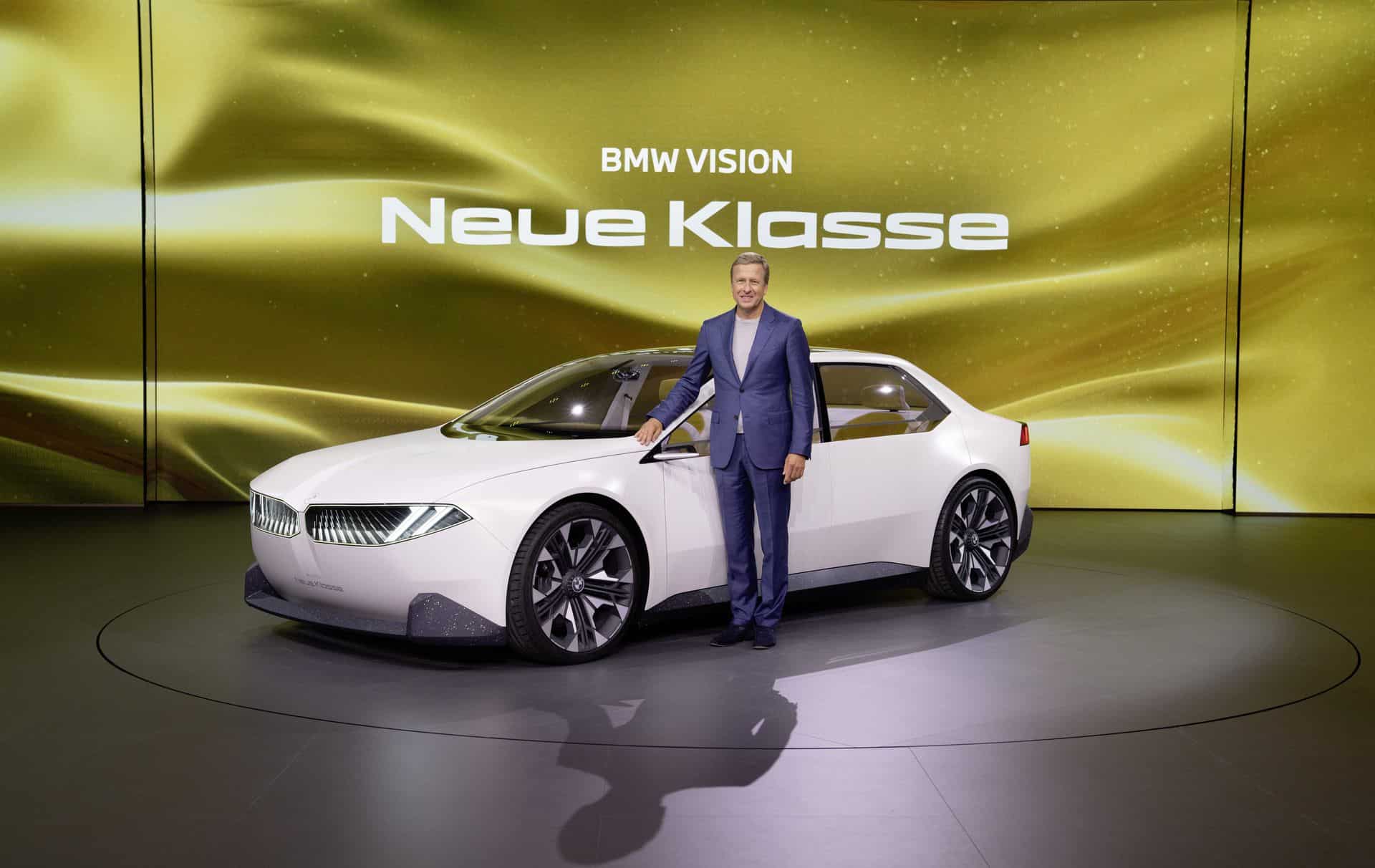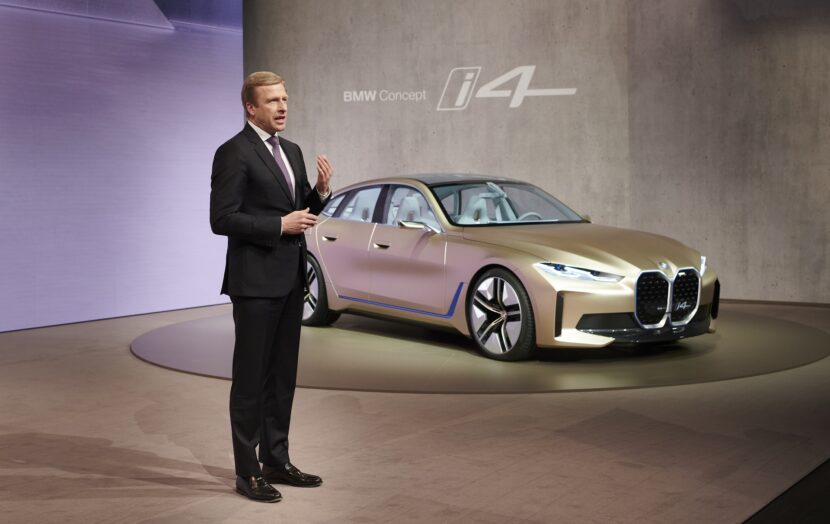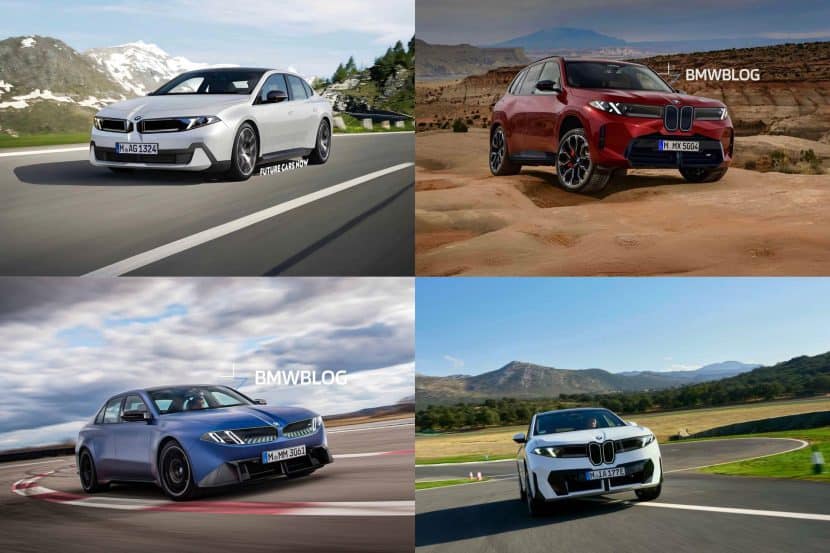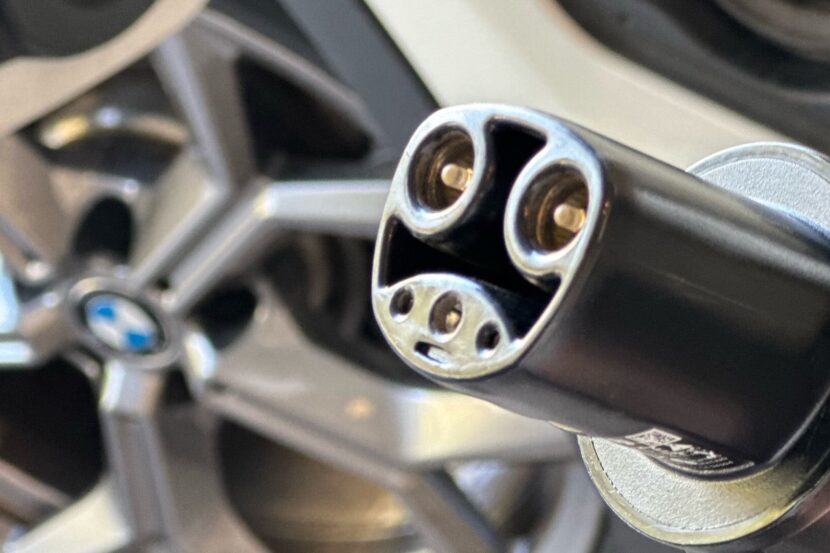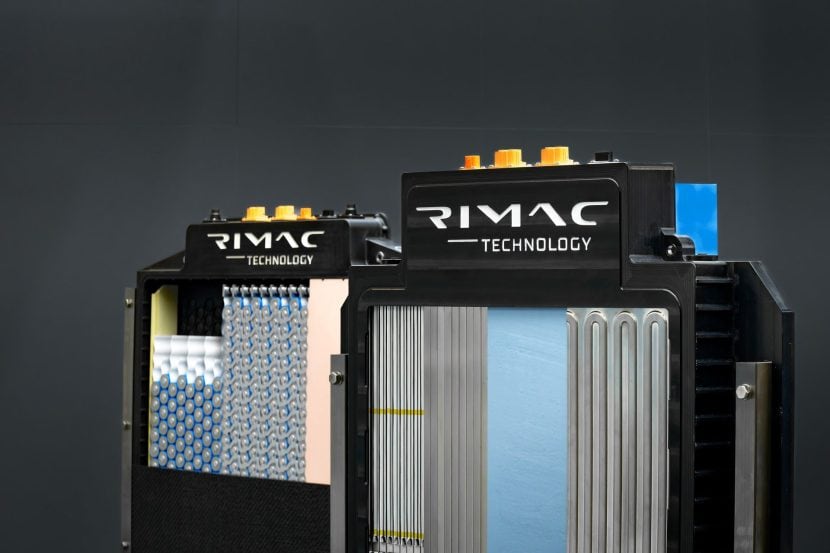German business newspaper Handelsblatt has it on good authority that Oliver Zipse will have his contract as BMW CEO extended as early as next week during a supervisory board meeting. When contacted by the reputable publication, the luxury automaker predictably refused to comment on the matter, but the tone of the article strongly suggests it’s a done deal. It would be an early contract extension for the head honcho from Munich, who has been in this position since August 2019.
Although securing a two-year extension would definitely represent a vote of confidence, BMW is apparently already looking ahead to determine who will replace Zipse. The new deal is said to expire in the summer of 2026, after which a different person will become the new CEO. Citing sources familiar with the company’s agenda, Handelsblatt alleges there’s already a short list with three candidates to take the helm after the Zipse era.
It would seem that Milan Nedeljkovic (Head of Production), Joachim Post (Head of Purchasing), and Ilka Horstmeier (Head of Human Resources) are considered among potential replacements for Zipse. In the meantime, BMW has a few crucial years ahead as the first wave of EVs on the Neue Klasse platform will be launched from 2025. At the beginning of the month, Frank Weber (Head of Development) said NE represents “the biggest investment ever made.” China-specific models produced locally are already in the works, according to a recent statement made by Zipse.
However, the much-hyped rollout of a bespoke electric car platform (with hydrogen support) doesn’t mean BMW will discontinue sales of cars with combustion engines overnight. On numerous occasions, Oliver Zipse has said rushing the death of ICE would be a mistake because EVs are still too expensive for many people and the charging infrastructure is far from being ready. For these reasons, BMW refuses to set an end date for gasoline/diesel cars by committing to ICE for the long haul. To that end, the inline-six and V8 are staying until at least 2030, which can only mean smaller engines will stick around in the next decade.
BMW projects half of its annual sales will be represented by EVs in 2030 (or even earlier) when MINI and Rolls-Royce will end production of conventionally powered vehicles. It’s unclear which direction newcomer ALPINA will take, but electrification is inevitable.
Source: Handelsblatt


